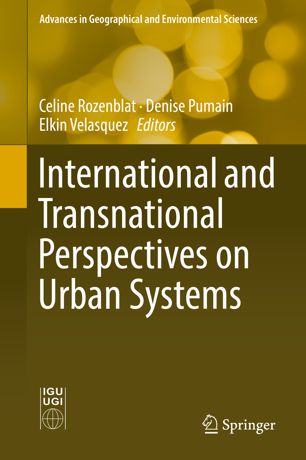

Most ebook files are in PDF format, so you can easily read them using various software such as Foxit Reader or directly on the Google Chrome browser.
Some ebook files are released by publishers in other formats such as .awz, .mobi, .epub, .fb2, etc. You may need to install specific software to read these formats on mobile/PC, such as Calibre.
Please read the tutorial at this link: https://ebookbell.com/faq
We offer FREE conversion to the popular formats you request; however, this may take some time. Therefore, right after payment, please email us, and we will try to provide the service as quickly as possible.
For some exceptional file formats or broken links (if any), please refrain from opening any disputes. Instead, email us first, and we will try to assist within a maximum of 6 hours.
EbookBell Team

4.1
10 reviewsThis book reviews the recent evolutions of cities in the world according to entirely revised theoretical fundamentals of urban systems. It relies on a vision of cities sharing common dynamic features as co-evolving entities in complex systems. Systems of cities that are interdependent in their evolutions are characterized in the context of that dynamics. They are identified on various geographical scales—worldwide, regional, or national. Each system exhibits peculiarities that are related to its demographic, economic, and geopolitical history, and that are underlined by the systematic comparison of continental and regional urban systems, following a common template throughout the book. Multi-scale urban processes, whether local (one city), or within national systems (systems of cities), or linked to the expansion of transnational networks (towards global urban systems) throughout the world over the period 1950–2010 are deeply analyzed in 16 chapters. This global overview challenges urban governance for designing policies facing globalization and the subsequent ecological transition. The answers, which emerge from the diversity of situations in the world, add some reflections on and recommendations to the “urban system framework” proposed in the Habitat III agenda.